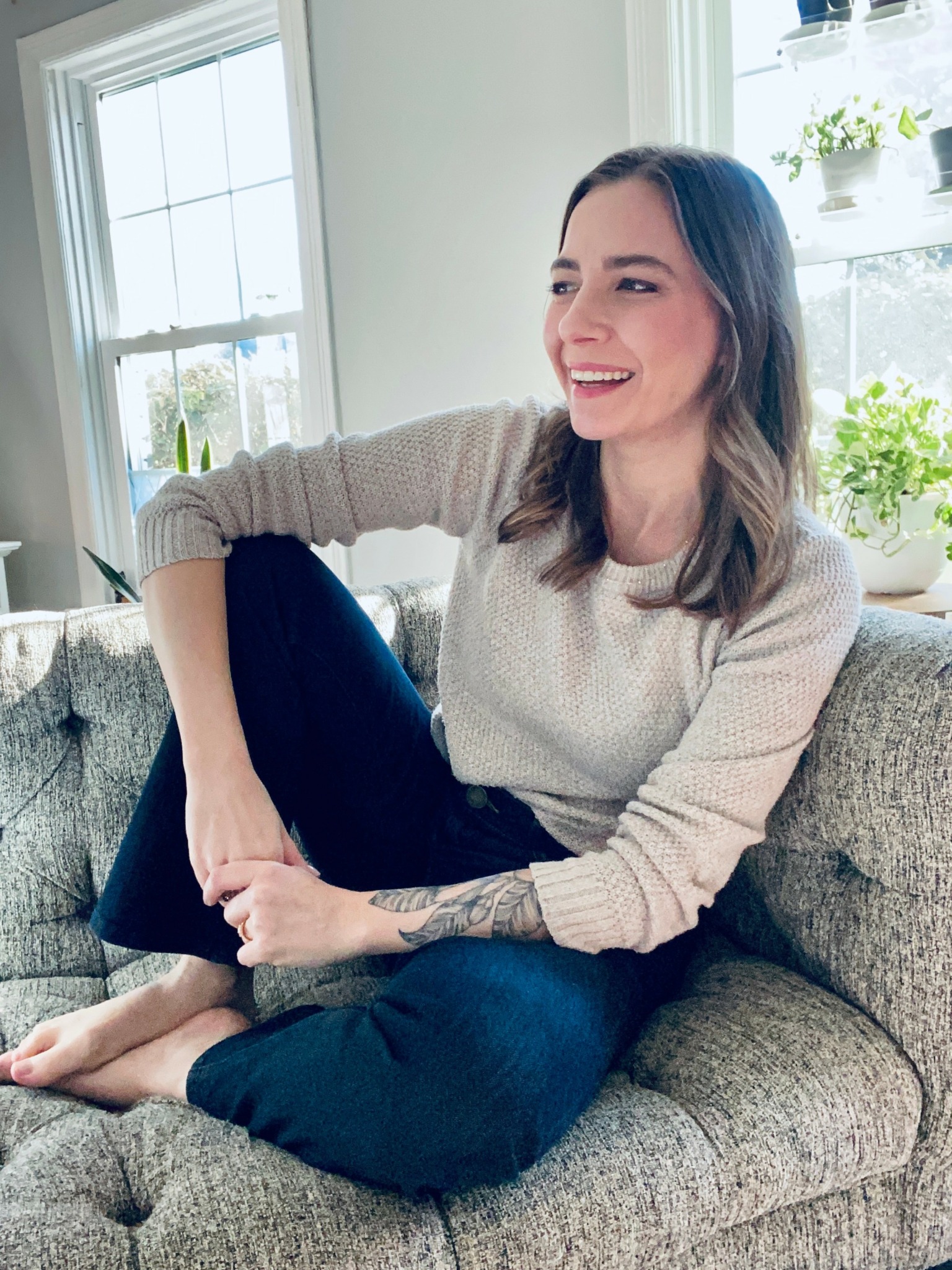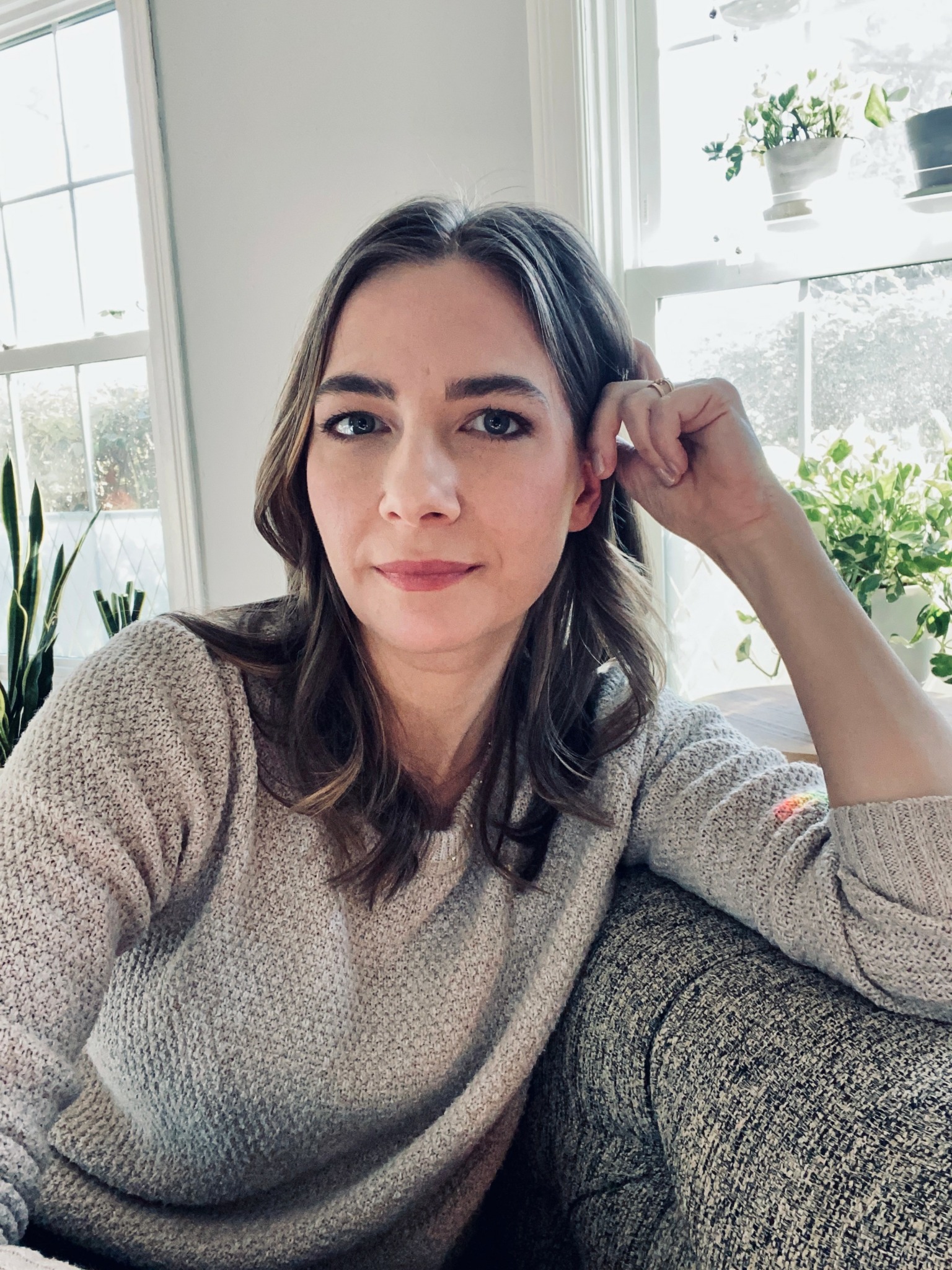We were lucky to catch up with Sarah Rossmiller recently and have shared our conversation below.
Sarah, thanks for joining us, excited to have you contributing your stories and insights. We’d love to hear about how you went about setting up your own practice and if you have any advice for professionals who might be considering starting their own?
The Decision to Start Private Practice:
I never planned on starting my own private practice. The idea of running a business felt overwhelming, and I doubted whether I had what it took to make it work. But working for someone else? That drained me in ways I couldn’t ignore. By 2016, I’d had enough. I took the leap and started my practice, unsure of where it would lead but knowing I couldn’t keep forcing myself into systems that didn’t fit.
Every job I had left me feeling stifled. Meetings that went nowhere, endless complaints with no solutions, supervisors either power-tripping or well-meaning but ultimately constraining me. And working with insurance companies? A nightmare. Advocating for clients felt like yelling into a void, met only with resistance.
My ADHD made it hard to thrive in traditional work settings, where productivity was measured in rigid, linear ways. I struggled with expectations that didn’t make sense to me, rules that seemed arbitrary, and a general sense that I was supposed to fit in rather than bring my full self to the work. The more I tried to conform, the more miserable I became. Being an introvert only made structured office settings harder. The expectation for daily small talk, the performative politeness, the obligatory social events, the officemates dropping by unannounced to chat – and being seen as rude if I shut my door to focus. It was exhausting.
Eventually, I had to face a hard truth: if I wanted to do this work in a way that felt right, I had to create that space myself. I don’t know what changed exactly, but one day, I just knew it was possible to go out on my own. Maybe it was finally getting diagnosed with ADHD and realizing my struggles weren’t personal failures – they were signs that the system wasn’t built for brains like mine. Maybe it was the quiet belief growing inside me that I didn’t have to keep proving myself to people who would never truly see my strengths. Whatever it was, I took the leap.
The First Steps:
Starting a private practice felt like a rollercoaster at first. One moment, I was empowered and excited; the next, I was terrified I’d fail. My therapy training had done nothing to prepare me for running a business, so I had to figure it all out – the pros and cons of getting a PLLC, navigating insurance (and ultimately deciding to go out-of-network), and learning how to market myself so clients could actually find me. It was a steep learning curve.
I interviewed therapists who had gone into private practice before me, soaking up whatever advice they had. I started small – just a basic website, a Psychology Today profile, and word-of-mouth referrals. I worried no one would find me, that I wouldn’t make a sustainable living, or that I’d regret leaving the “security” of an agency job. But every time I connected with a client who felt seen for the first time, I knew I’d made the right choice. And over time, I realized how much I thrived when I was the one making the decisions – setting my own schedule, creating policies that actually made sense, and shaping my work in a way that aligned with my values. The hustle had a purpose, and even the challenges felt meaningful because they were mine to solve.
The Challenges:
One of the hardest parts of building my practice was learning to trust myself. At first, I felt so much pressure to present in a polished, traditional way, as if being authentic would make me seem unprofessional. I had to fight against that fear. Eventually, I realized that my ability to challenge norms and question expectations wasn’t a weakness – it was exactly what made me the right therapist for the clients I wanted to help.
That’s when the name Rebellious Wellness Therapy came to me. I didn’t want my practice to blend in – I wanted it to stand for something. I’ve always believed that many societal expectations are stifling, and I wanted my practice to be a space where people could break free from those expectations and learn to trust themselves, just as I was learning to do.
You might think that, as someone with ADHD, time management would be my biggest struggle. But entrepreneurship allowed me to build systems that worked for my brain rather than against it. Once I figured out what those systems were, I was set free. I learned that rigid schedules didn’t work for me, but structured flexibility did. Online scheduling, electronic paperwork, and automated billing streamlined my process, allowing me to focus on what truly mattered.
One of the biggest surprises? How much I loved designing my website. I went into full hyperfocus mode – forgetting to eat, move, or even use the bathroom because I was so deep in making it just right.
The moment my practice truly felt like mine was when I successfully ran yoga therapy groups and put on workshops combining yoga and mental health practices. That’s when I saw my vision coming to life – creating something outside the rigid norms of therapy, incorporating movement and mindfulness, and making space for people to heal in ways that felt natural to them.
What I’d Do Differently:
If I could go back, I’d spend less time worrying about whether I was ‘doing it right’ and more time trusting my instincts. In the beginning, I got caught up in advice that didn’t align with my values. It seemed like I was supposed to take insurance, even though the thought of it frustrated me. Marketing felt forced, and avoiding social justice issues felt like an unspoken rule to so as not to be ‘too political.’ I also felt the pressure to present myself in a way that was overly polished and clinical – so much so that it stripped the humanity from the work. When I finally leaned into my natural voice and let my branding reflect who I actually was, I thrived.
I’d also remind myself that it’s okay to dive in without having everything perfectly mapped out, because at the time I felt a bit ashamed that I didn’t. I’ve never been one to wait until I feel 100% ready – instead, I tend to throw myself in, hope for the best, and brace for the worst. Some might call it impulsive, but I see it as trusting myself to figure things out along the way. And in this work, that willingness to adapt and learn as you go has served me well.
Advice for Therapists Considering Private Practice:
1. Your way is valid. You don’t have to run your practice the way everyone else does. Lean into what works for you.
2. Find ways to work with your brain. Automate what you can, streamline what you can, and give yourself grace for the rest.
3. Fear doesn’t mean you’re not ready. I was scared constantly in the first year, but I kept going anyway. You don’t have to feel 100% confident to take the leap.
4. You’ll learn as you go. You don’t need to have everything figured out before you start. Trust that you’ll adapt along the way.
Starting Rebellious Wellness Therapy was one of the best decisions I’ve ever made. It gave me the freedom to work in a way that feels right for me, empowered me not just as a professional but as a person, and helped me embrace my differences as strengths rather than faults. Most importantly, it allows me to help others do the same for themselves.
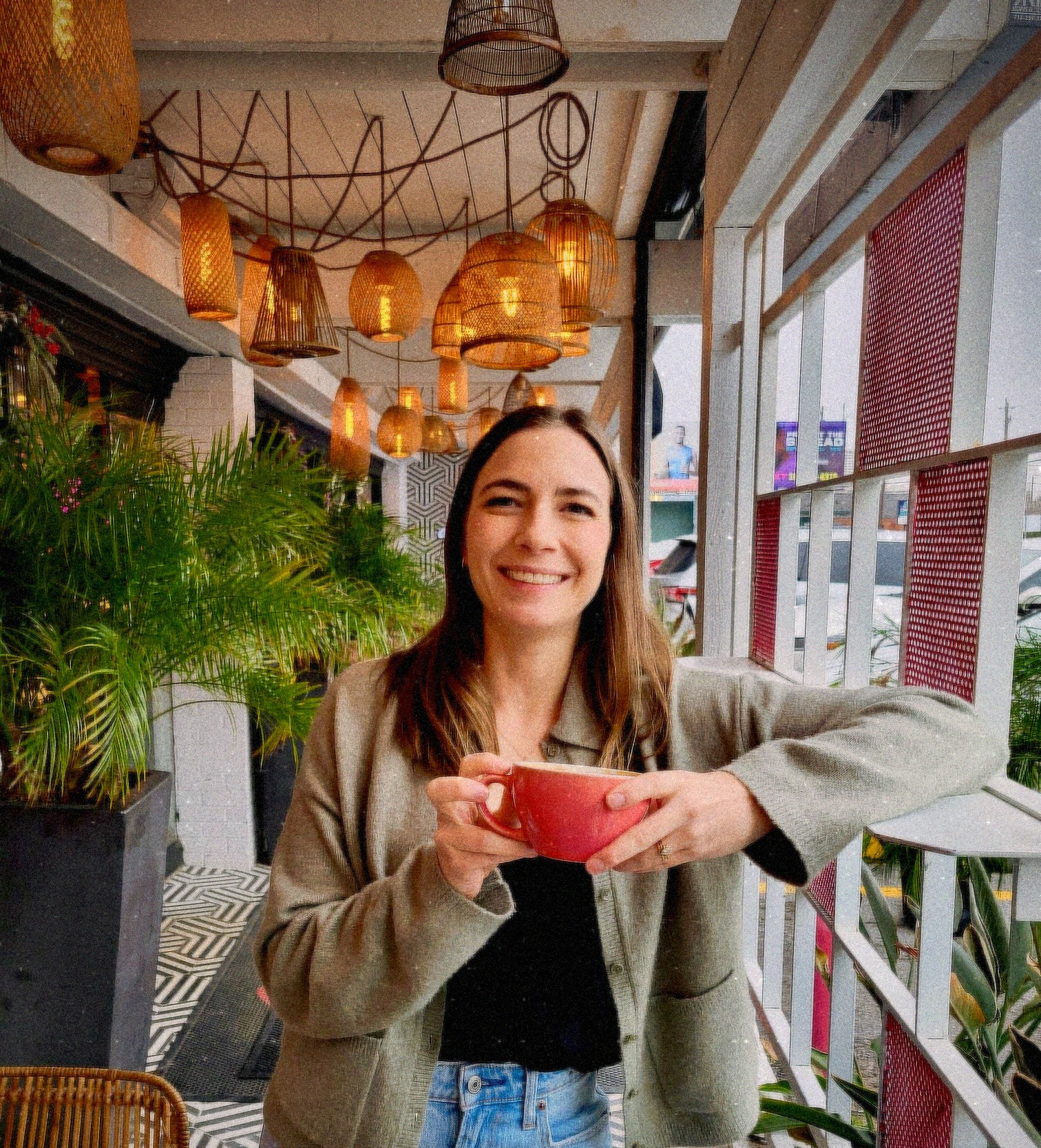

Sarah, love having you share your insights with us. Before we ask you more questions, maybe you can take a moment to introduce yourself to our readers who might have missed our earlier conversations?
I’m Sarah Rossmiller, a licensed mental health therapist. I’m the sole proprietor of Rebellious Wellness Therapy, where I help people untangle themselves from perfectionism, people-pleasing, self-doubt, and societal expectations that don’t serve them. I named my practice Rebellious Wellness Therapy because I believe healing often requires breaking free from the expectations that have kept us stuck. My work is especially suited for deep thinkers, skeptics, and those who feel like they don’t quite fit the mold – whether due to ADHD, past relational trauma, or simply a sense that the way they’ve been living isn’t sustainable. My goal isn’t just to help clients manage their struggles but to empower them to trust themselves, set boundaries, and redefine success on their own terms.
What sets me apart is my straightforward, deeply human approach to therapy. I don’t believe in rigid protocols or one-size-fits-all treatment. I blend strategies from evidence-based modalities like IFS (Internal Family Systems), Schema Therapy, and ACT (Acceptance and Commitment Therapy) with an existential-humanistic perspective that allows clients to explore meaning, identity, and the bigger questions in life. I also understand how ADHD and neurodivergence impact mental health – not just in terms of focus and organization, but in how people perceive themselves, navigate relationships, and process emotions.
One of the things that brings me the most fulfillment is seeing clients step into a more authentic version of themselves – whether that means setting boundaries without guilt, breaking free from self-doubt, or realizing they don’t have to fit into expectations that never suited them in the first place. Watching people reclaim their sense of agency and trust in themselves is what makes this work so meaningful to me.
At the end of the day, I want potential clients to know that therapy with me isn’t about fitting into a predefined mold of “mental health.” It’s about making space for who you actually are, figuring out what truly works for you, and learning to trust that your way of moving through the world is valid.
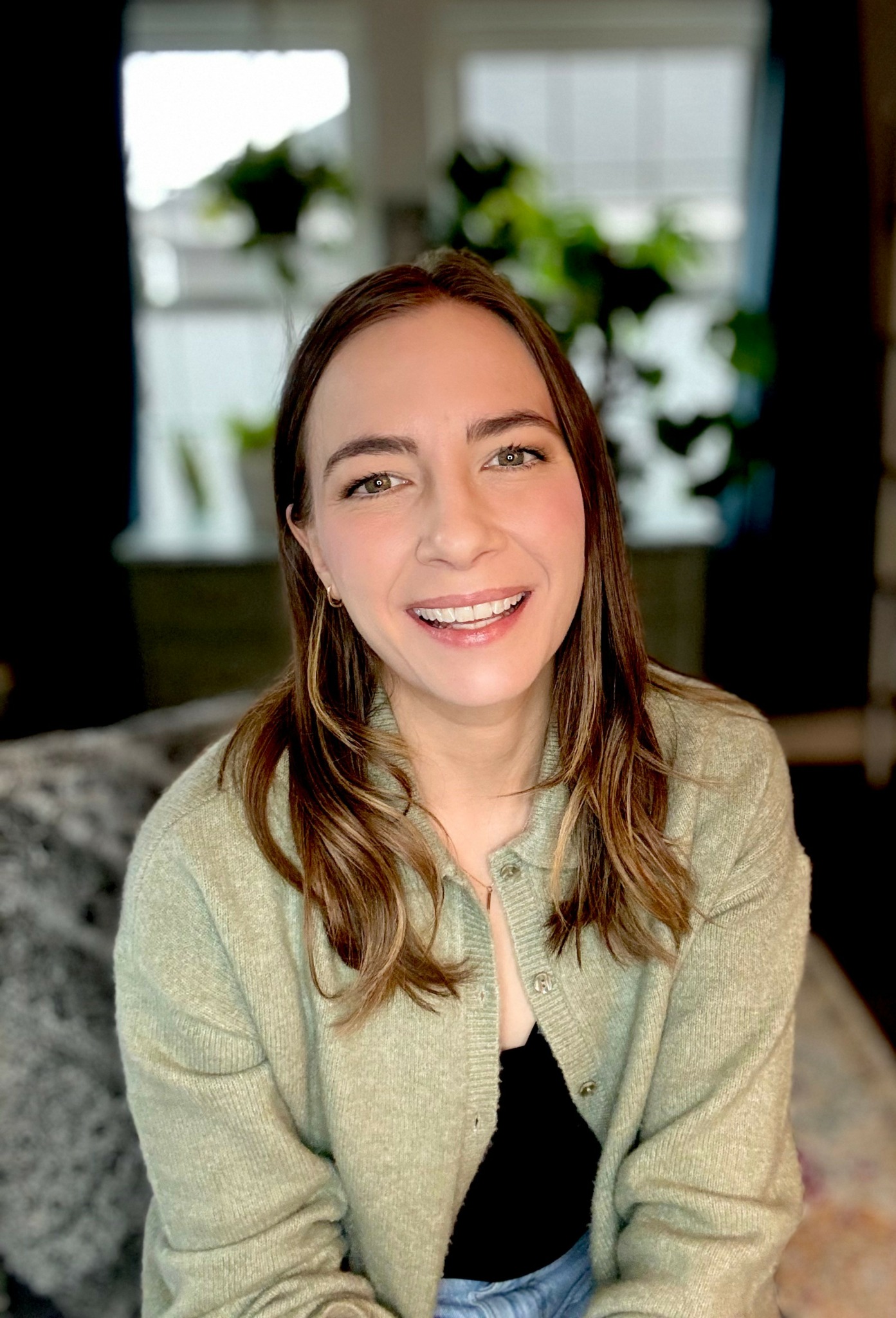
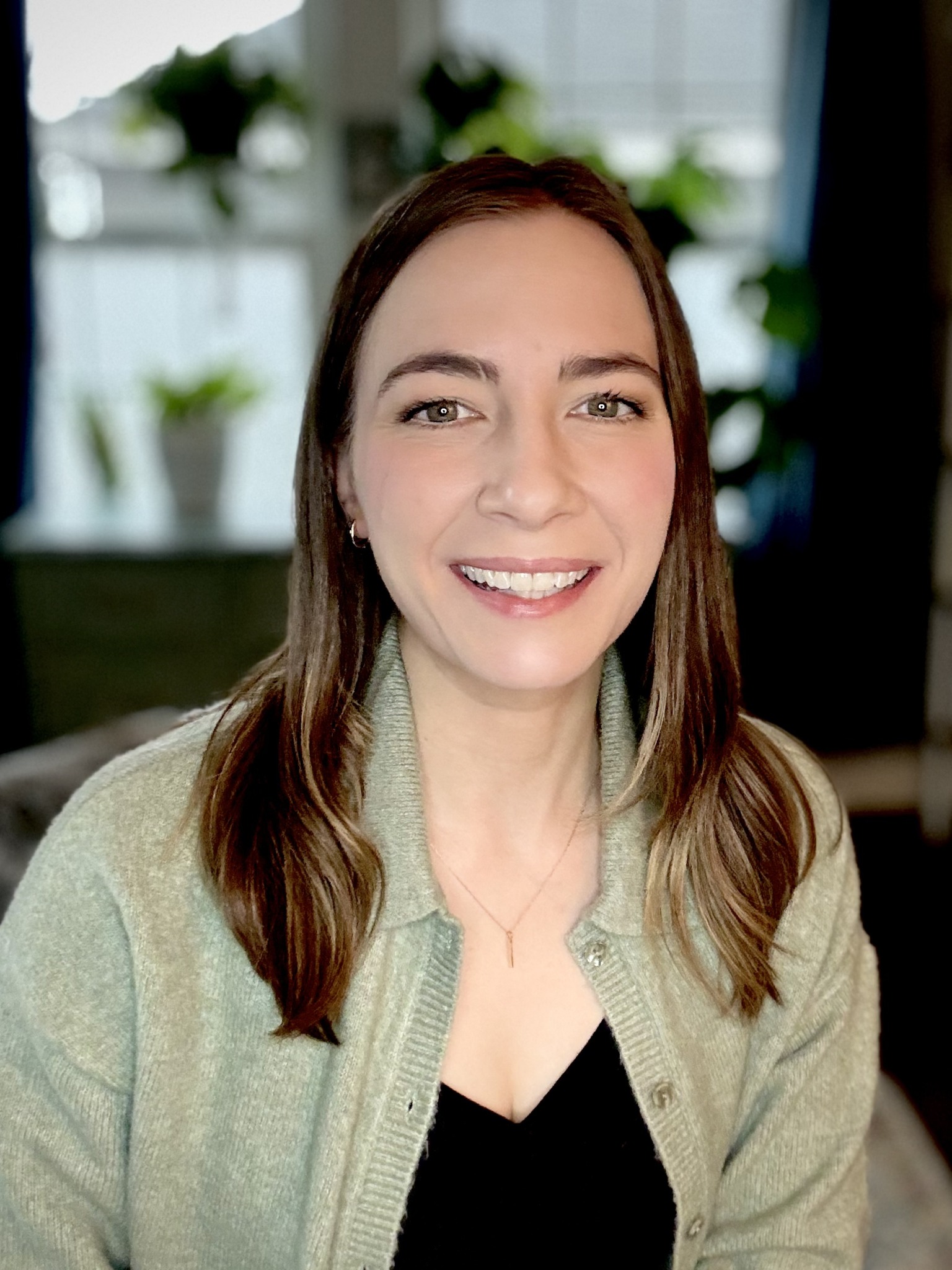
If you could go back, would you choose the same profession, specialty, etc?
Absolutely. It’s not always easy, but I love this work. And with starting my own business, I love that I’ve been able to shape my practice in a way that actually works for me. The only other cause I’m equally passionate about is helping the feral and stray cat population, but sadly, there’s not much funding there – so it remains a rewarding volunteer effort on the side!
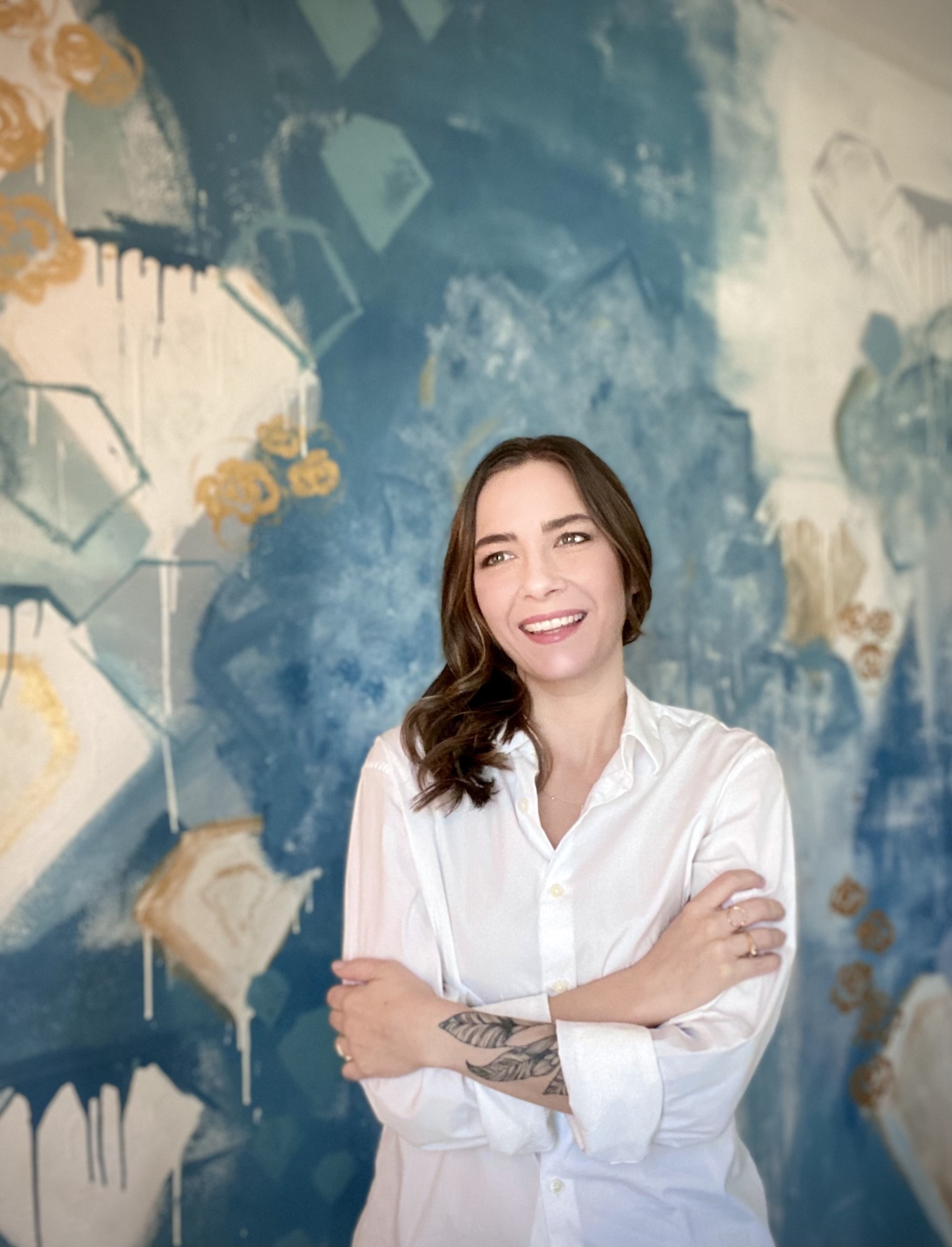
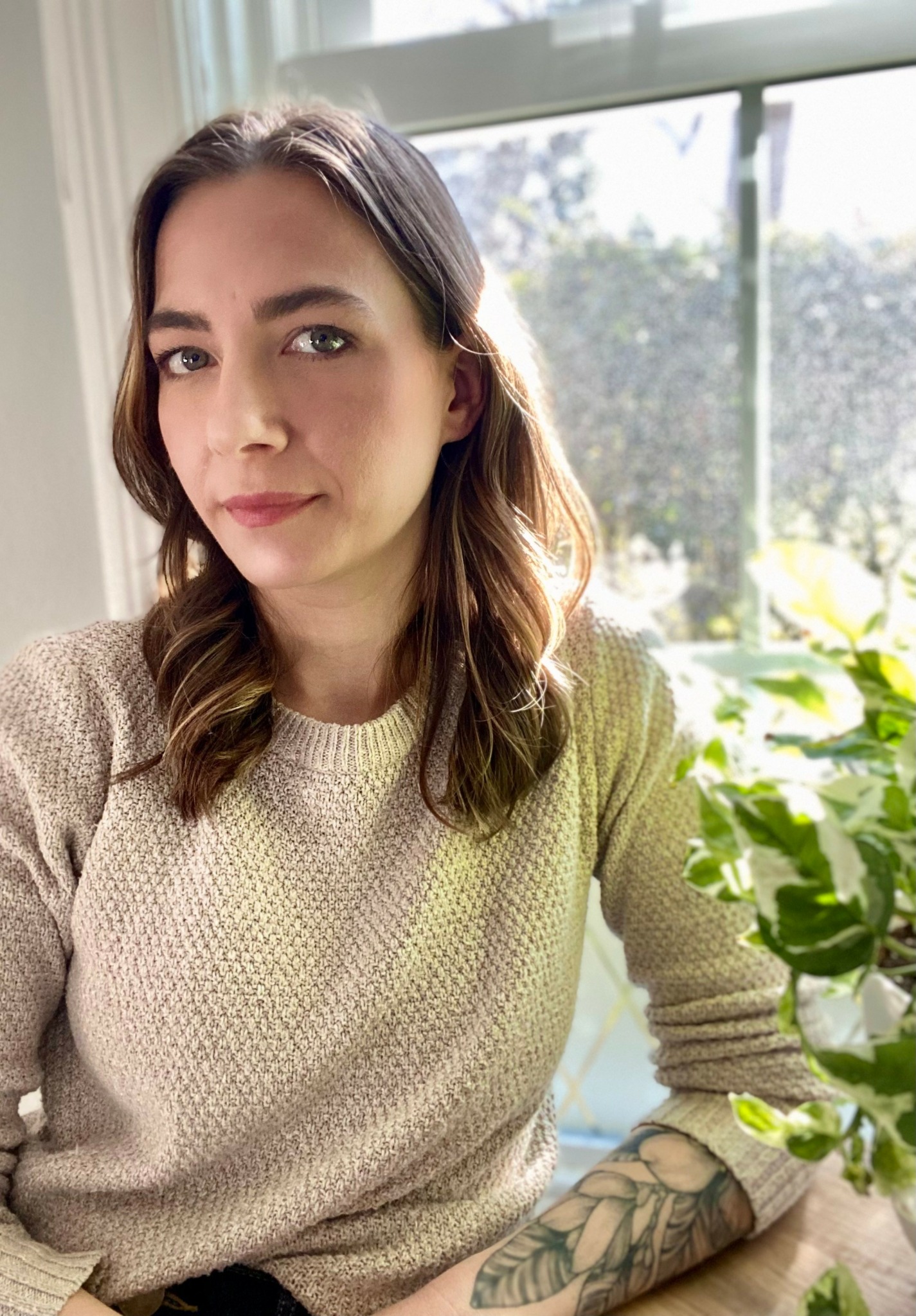
Are there any books, videos or other content that you feel have meaningfully impacted your thinking?
Yes – The Code of the Extraordinary Mind by Vishen Lakhiani really influenced how I approach both business and life. The book challenges conventional wisdom, encouraging people to question societal norms, break out of rigid expectations, and build their own path rather than following someone else’s blueprint.
That resonated with me deeply. So much of my journey, especially in private practice, has been about unlearning what I was supposed to do and figuring out what actually works for me. This book reinforced the idea that success doesn’t come from following a set formula; it comes from defining your own version of success and being willing to take risks to create it.
Contact Info:
- Website: https://www.rebelliouswellnesstherapy.com/
- Instagram: https://www.instagram.com/rebellious_wellness_therapy/
- Facebook: https://www.facebook.com/rebelliouswellnesstherapy/
- Youtube: https://www.youtube.com/@rebelliouswellnesstherapy
- Yelp: https://www.yelp.com/biz/rebellious-wellness-therapy-houston
